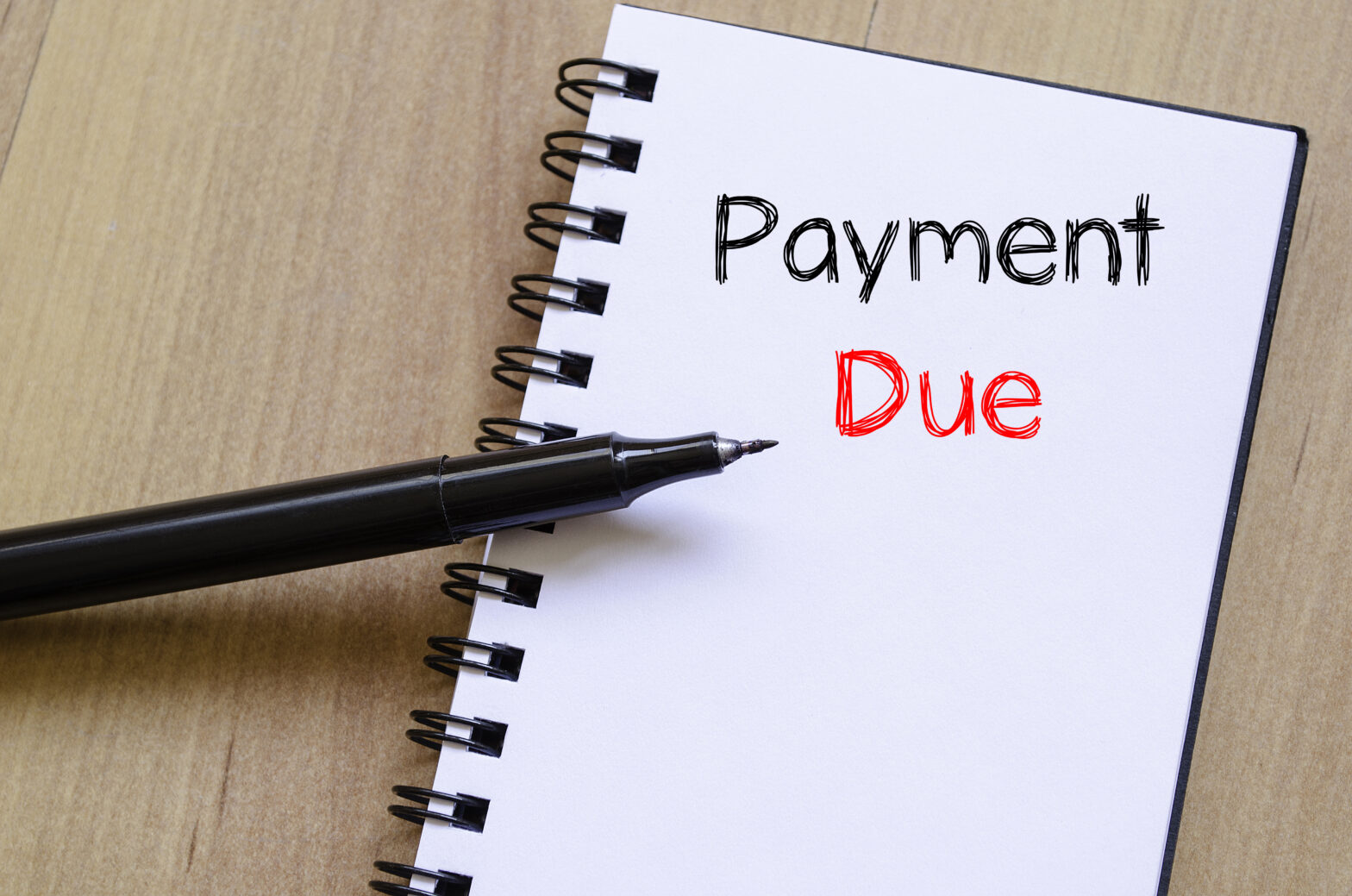The government has appointed the UK’s first Small Business Commissioner, after a two year search, whose primary role will be to tackle the culture of late payments and ‘become a national spokesperson for small businesses affected by payment issues.’
Related: Small Business Commissioner Q&A: Paul Uppal talks about late payments
However, new research, from cloud accounting software provider FreeAgent, has found that only two per cent of micro-businesses in the UK believe the government and the Commissioner will take the issue ‘seriously’. With Britain boasting five million micro-businesses this equates to just 100,000 firms believing a significant change can be made by government with the issue.
The scale of the problem is clear as only half of all invoices (51 per cent) sent in the UK last year were paid on time, according to FreeAgent, who reviewed data from a sample of its 50,000+ customer-base and analysed hundreds of thousands of invoices.
Instead, micro-business owners would like to see much more stringent penalties put in place for those who don’t pay invoices. Seven in ten (70 per cent) micro-business owners polled said they wanted to have the opportunity to secure compensation from late-paying clients, while 59 per cent said they wish to see a code of conduct being implemented and adhered to. However, just 29 per cent believe naming and shaming of late-payment offenders would be of use.
Previous research revealed by FreeAgent earlier this year also revealed that 57 per cent of business owners didn’t know there was to be a Small Business Commissioner to be appointed.
Ed Molyneux, CEO and co-founder of FreeAgent, says, ‘It’s good news that the government has finally appointed a Small Business Commissioner, with the specific remit of dealing with the late payment problem faced by micro-businesses. However, the reality is likely to be that Mr Uppal will actually have limited power to punish companies who routinely pay late, aside from just naming and shaming them.
‘Micro-businesses and their owners are acutely affected by late payments. Unlike bigger companies who can often wait to be paid, micro businesses need to get paid promptly to keep their business in the black. We need to see a complete cultural shift when it comes to paying invoices, so that these types of smaller businesses are not put at risk.’





